Budget 2021: Billions to overhaul aged-care, mental health systems
The bulk of the $18bn aged-care budget package response will focus on boosting the workforce.
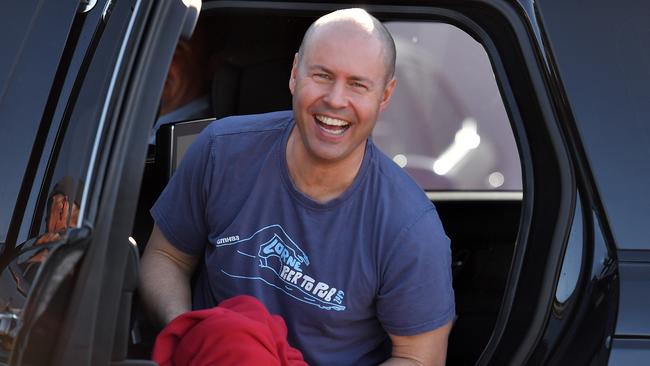
A historic $18bn aged-care reform budget package will spearhead a major funding program for government services, including a new-generation workforce for the distressed sector and record funding increases for mental health suicide prevention and people living with disabilities.
The Australian understands the bulk of the aged-care response will focus on a special workforce initiative to build a better paid and highly trained aged-care workforce, as well as incentives to prop up private residential operators to ensure they remain profitable.
The $17.7bn package will be delivered over four years and lift total commonwealth spending in the sector to more than $25bn a year, coming close to meeting demands from private operators following the damning findings of the Royal Commission into Aged Care Quality and Safety.
While the Morrison government will acknowledge that the necessary but unprecedented injection will build in future structural spending burdens on the budget, Josh Frydenberg will deliver a deficit in this year’s budget up to $40bn lower than the $197.7bn estimated in the December mid-year economic and fiscal outlook.
In an interview with The Australian, the Treasurer said the improved bottom line would lower the welfare bill and put the budget in a stronger position to fund and guarantee “essential services”, including aged care and mental health. “We haven’t baked in long-term structural spending other than what you’ll see around aged-care and mental health spending, and the JobSeeker $50-a-fortnight payment,” Mr Frydenberg said.
The aged-care sector had argued that until now, Australia spent 1.2 per cent of GDP on aged care compared with an OECD average of 2.5 per cent.
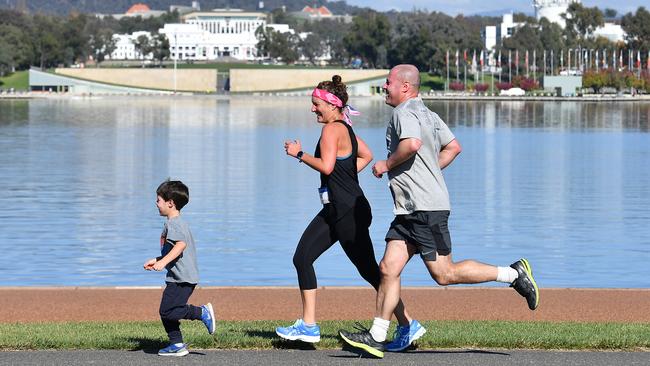
Mr Frydenberg’s third budget on Tuesday, which will focus heavily on government services, will also feature significant announcements around women’s economic security and safety, tax relief, skills, infrastructure, clean energy, housing, the digital economy, defence and national security. The Australian understands that mental health will also receive the largest single funding increase on record from the commonwealth, with a focus on suicide prevention.
Leading mental health expert and Sydney University professor of psychiatry Ian Hickie, who has praised the government’s economic and jobs programs as critical to saving lives, said there needed to be real federal investment in mental health services.
“Since its re-election in 2019, the Morrison government has spoken of massive increases in mental health funding, with specific ministerial statements claiming that the commonwealth spend has gone from about $3.3bn to $5.9bn per annum over the last five years,” Professor Hickie said.
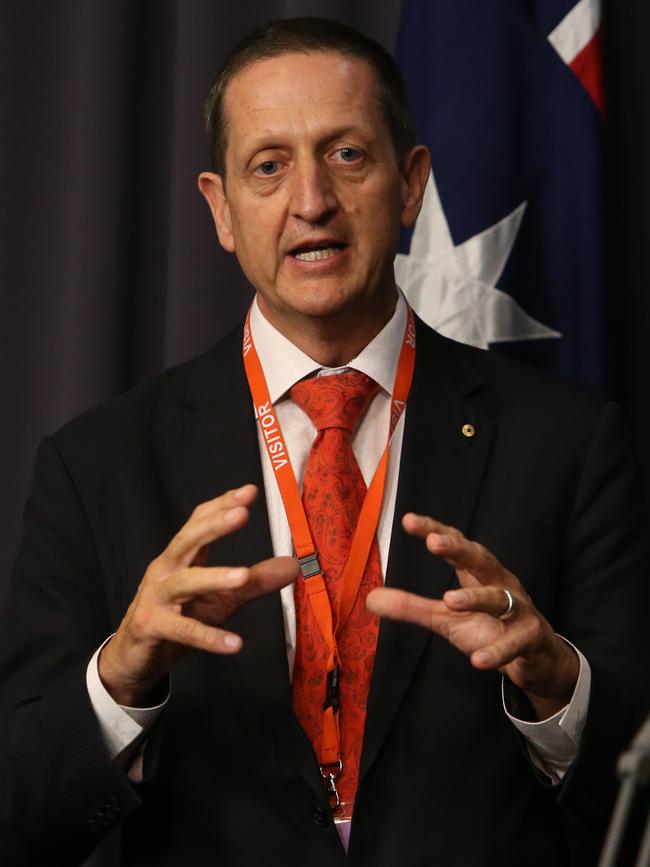
“In truth, annual increases in total national expenditure are less than 3 per cent, with total spending stuck well below $11bn and constituting less than 8 per cent of total health funding. As we look closely at the 2021 budget outcomes, it will be necessary to dig much deeper than the press releases and the large dollar amounts that often result from bundling up proposed expenditure over subsequent years.”
Health and Aged Care Minister Greg Hunt on Sunday said the government would “respond in full to the royal commission” on Tuesday and described the aged-care package as the “largest in Australian history”.
“One of the important things we have here is a response to the royal commission, which is based on ensuring that we have respect and care and dignity. As we have mentioned previously, there are five pillars to that: home care, services and sustainability, safety and quality, workforce, and governance,” Mr Hunt said.
“The details of that will be made available on budget night, but what we want to do in all of these elements is to make sure that aged care is accessible and as available as possible for as many as possible.”
Mr Hunt said the funding commitment would be greater than $10bn over four years.
“This will be the most significant investment in aged care in Australian history. And it’s our watch and it’s our time, and it’s our responsibility.”
In support of Australia’s ageing population, the government is also expected to endorse a plan to introduce a formal carer’s leave, similar to maternity and paternity leave.
The proposal outlined in the royal commission requires amendments to the national employment standards under the Fair Work Act to provide an extra entitlement to unpaid carer’s leave, allowing Australians time off work to transition elderly relatives into residential and home aged care.
The royal commission’s final report, publicly released in March, made 148 recommendations warning of the need to streamline homecare packages and train more carers. As of June 30 last year, 102,081 older people were still waiting for homecare packages.
Recommendations to introduce an aged-care improvement levy or increase the Medicare levy to fund the aged-care spend were not adopted by the government.
In releasing the final report, Scott Morrison said the government was focused on a five-year plan to repair an aged-care system that was no longer fit-for-purpose.
The report, which spoke to systemic issues with care and workforce, outlined the over-reliance on chemical restraints in nursing homes and the flow of younger people with disabilities moving into aged care.
There will also be boosted funding for the National Disability Insurance Scheme after NDIS Minister Linda Reynolds last week warned of the program’s unsustainable funding model.
Finance Minister Simon Birmingham last week told The Australian there were structural long-term spending pressures “that we are having to confront in areas like aged care to give … Australians the high quality services they expect”.
“We do that recognising there’s a need to act in areas of aged care or support for disability services, veterans or others. Australians expect to live in a country that has world-class services of care,” Senator Birmingham said.
“They expect the government to deliver on that, which we will.”
The Australian understands the Medical Research Future Fund, which hit maturity at $20bn last July, will be used to support development of mRNA vaccine production capacity in Australia.
The fund, which has been tapped to focus on aged care and dementia research via targeted grants, will help accelerate research to establish local mRNA vaccine production.

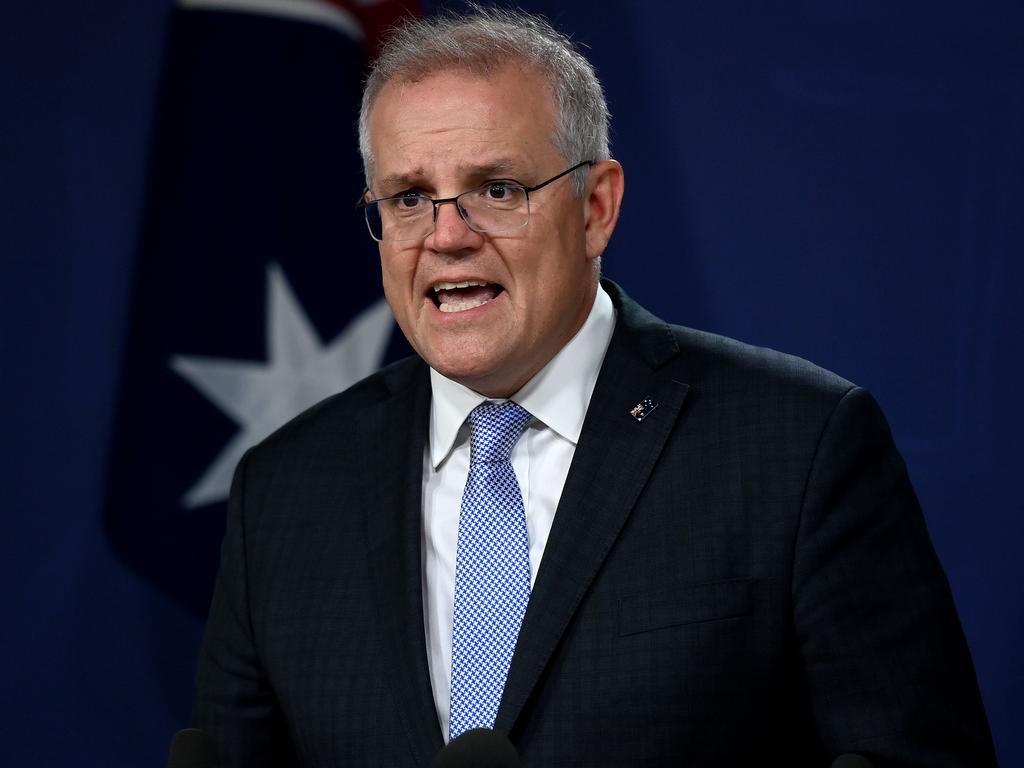
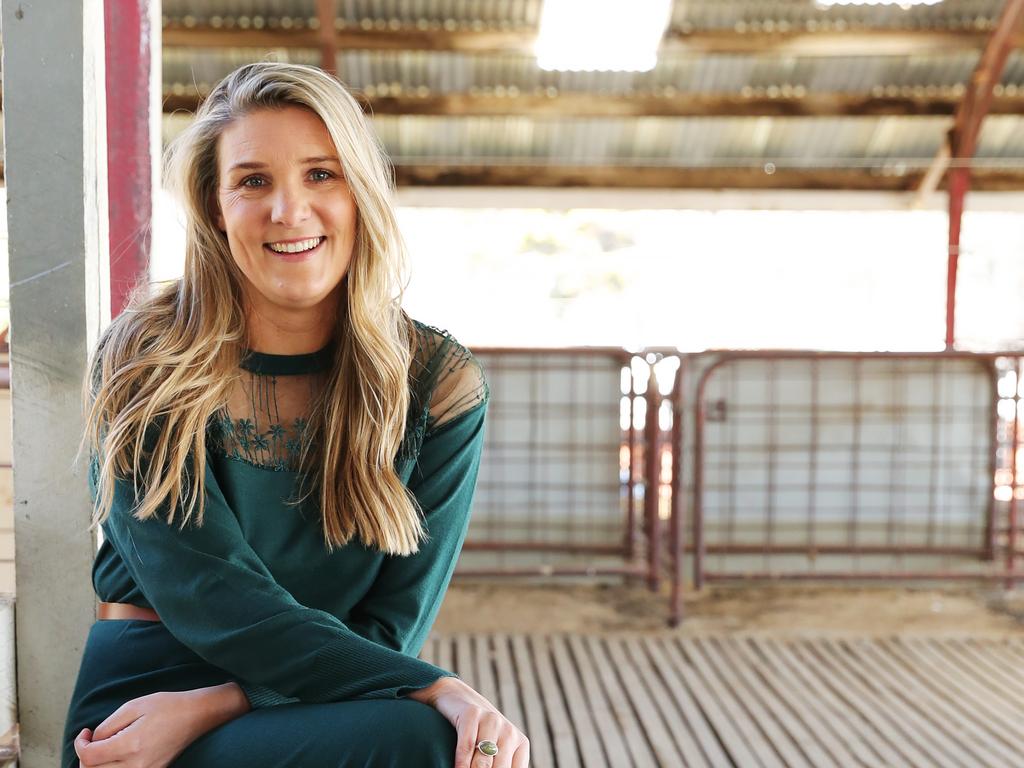
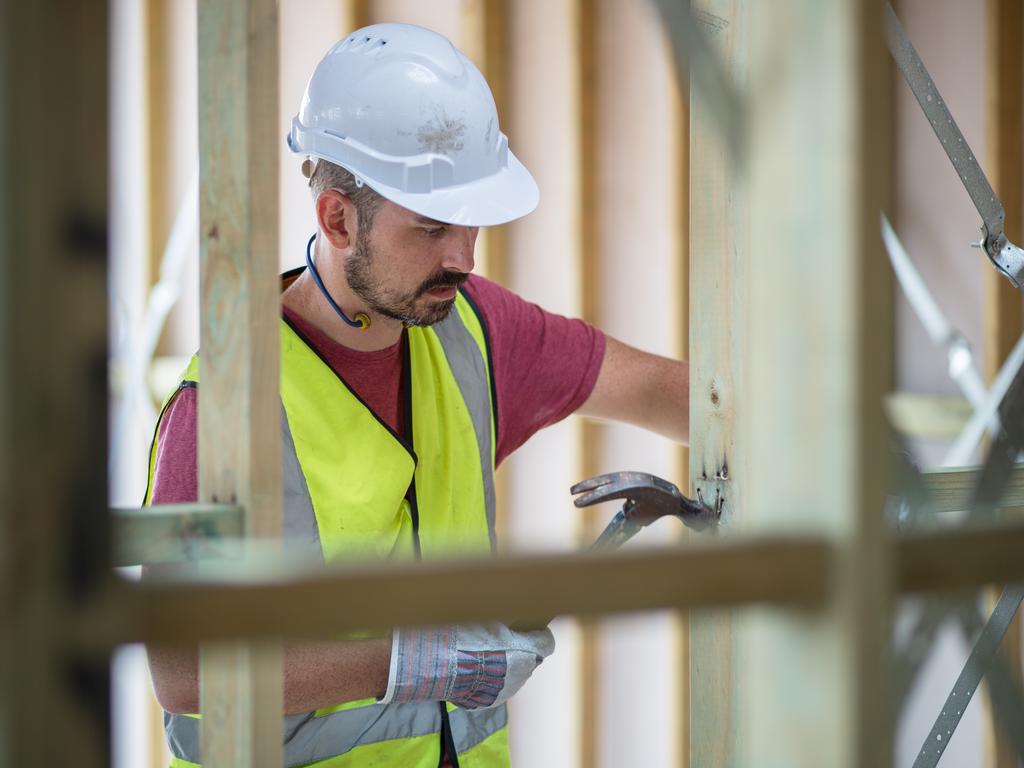
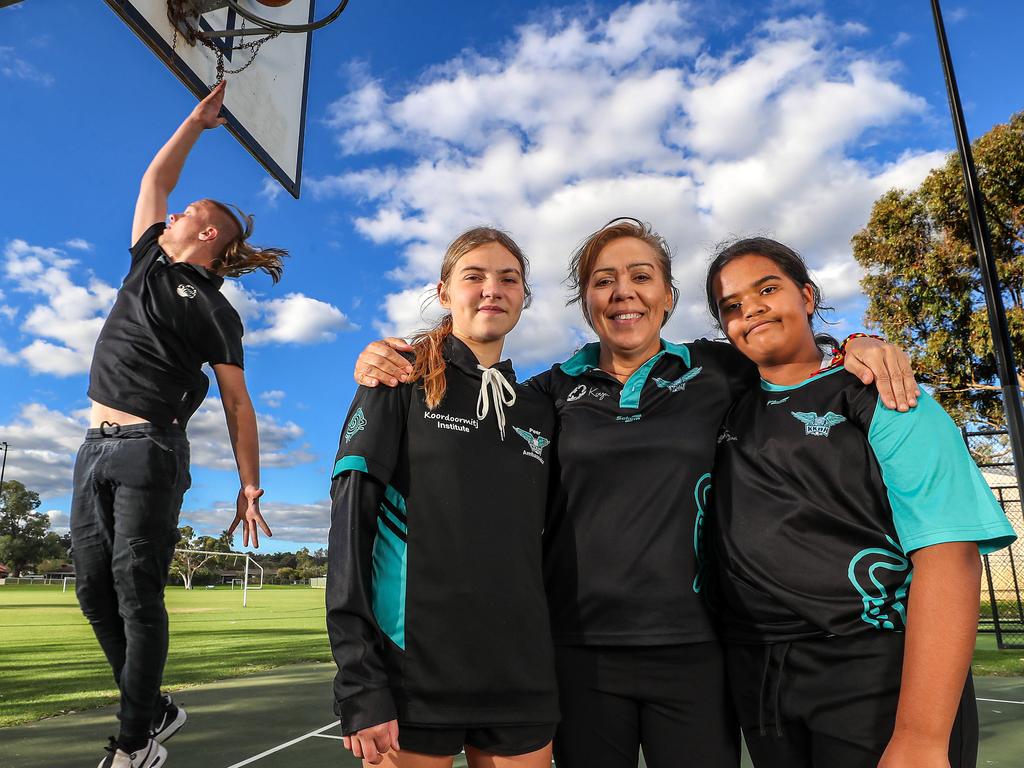


To join the conversation, please log in. Don't have an account? Register
Join the conversation, you are commenting as Logout